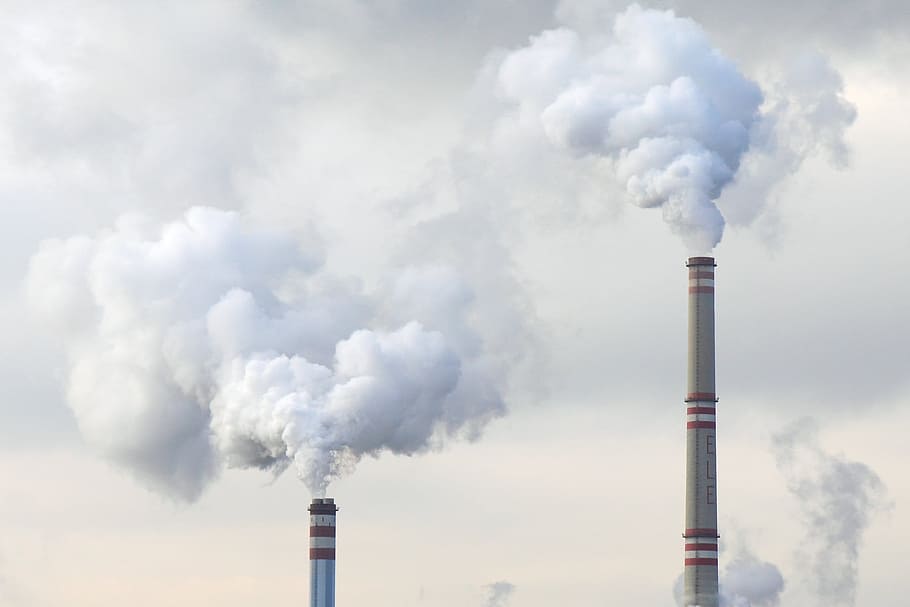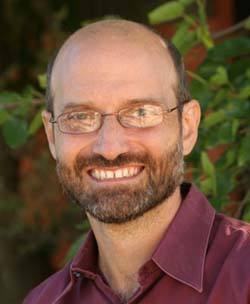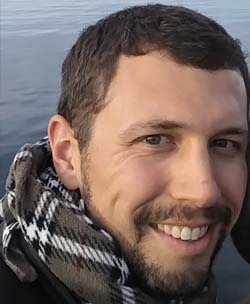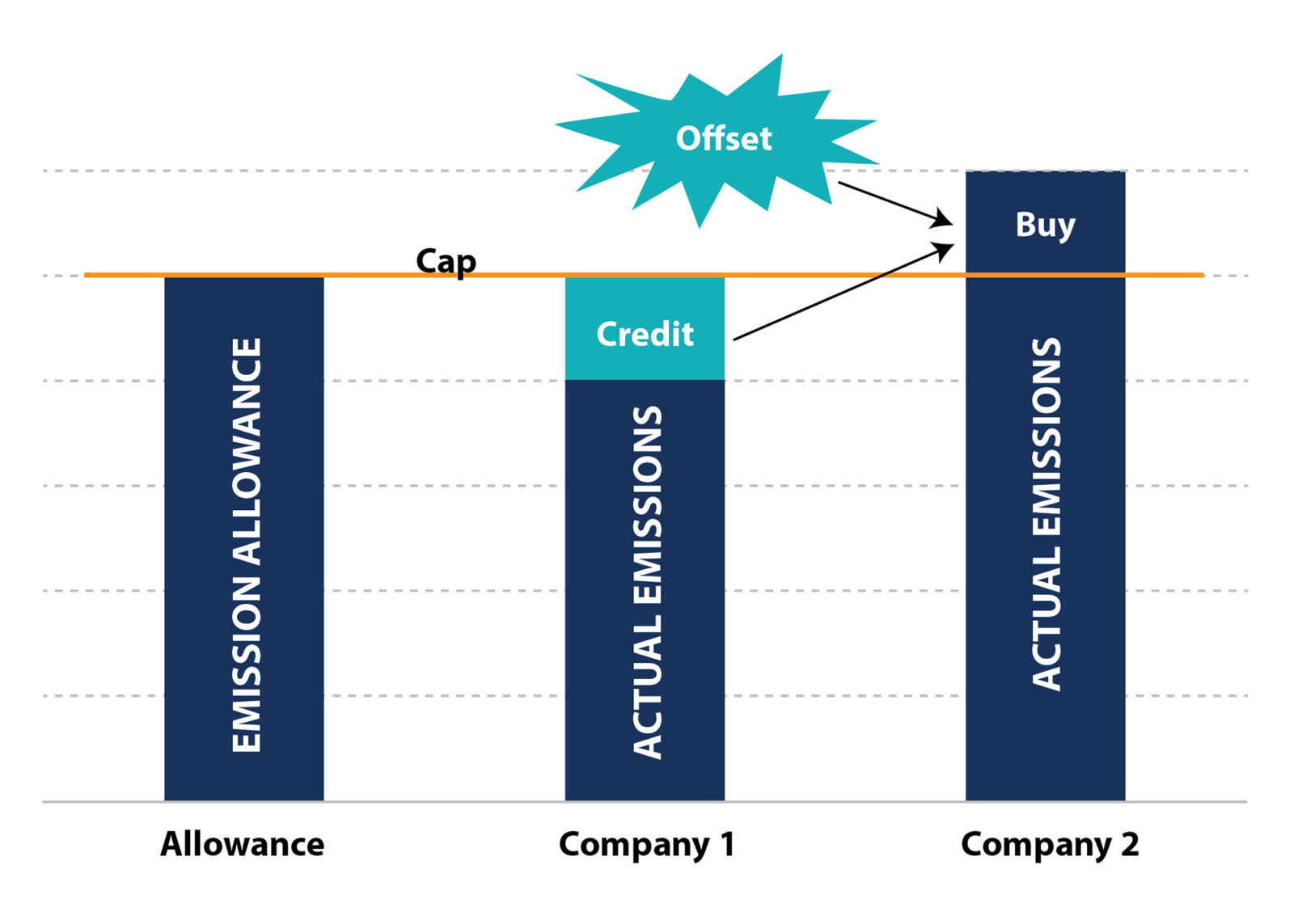What is Cap and Trade? Learn about California and Washington State
This episode explores the cap and trade model with a focus on California and Washington State. Special attention is focused on a fatal flaw in the use of carbon offsets as a component to cap and trade systems.

Listen On Spotify
Listen On Apple Podcasts
Listen Here
Experts Interviewed
Tony Sirna, Citizens’ Climate Lobby
Tony Sirna is the Strategy Director for Citizens’ Climate Lobby supporting and empowering volunteers in advocating for climate solutions. Tony was a founder of CalFACT where he worked to improve carbon pricing and support climate solutions in California. He earned a Bachelor of Science in Computer Science from Stanford University.

Kevin Tempest, Low Carbon Prosperity Institute
Kevin Tempest is Research and Development Scientist at Low Carbon Prosperity Institute in Seattle. He leads decarbonization and climate policy analysis at the Institute, including the 2020 Building Back Better: Investing in a Resilient Recovery for Washington State report. Kevin spent two years as a staff scientist in climate and energy topics at Stockholm Environment Institute-U.S, publishing on carbon infrastructure lock-in, natural gas as a bridge fuel, fossil fuel supply-side (extraction) strategies, and global urban greenhouse gas emissions modelling. Kevin earned a Master of Science in Chemical Oceanography from the University of Washington.


Cap and Trade is a system for controlling carbon emissions and other forms of atmospheric pollution by which an upper limit is set on the amount a given business or entity may produce but which allows further capacity to be bought from other organizations that have not used their full allowance.
- Description of the California program by the Center for Climate and Energy Solutions – “California cap and trade”
- A critique of California’s carbon offsets market by Pro Publica – “The climate solution actually adding millions of tons of CO2 into the atmosphere”
- Washington State Cap and Trade program explainer article – “Washington State enacts cap-and-trade and clean fuels legislation”
- Washington State Cap and Trade program introduction webinar – “Roadmap to cap and invest implementation”
- For teachers and the next generation – See AK Energy Smart, a K-12 curriculum with hands-on lessons that are Alaska-specific and develop important energy literacy for students and teachers.

For more information
Contact Darcy Dugan, dugan@aoos.org

